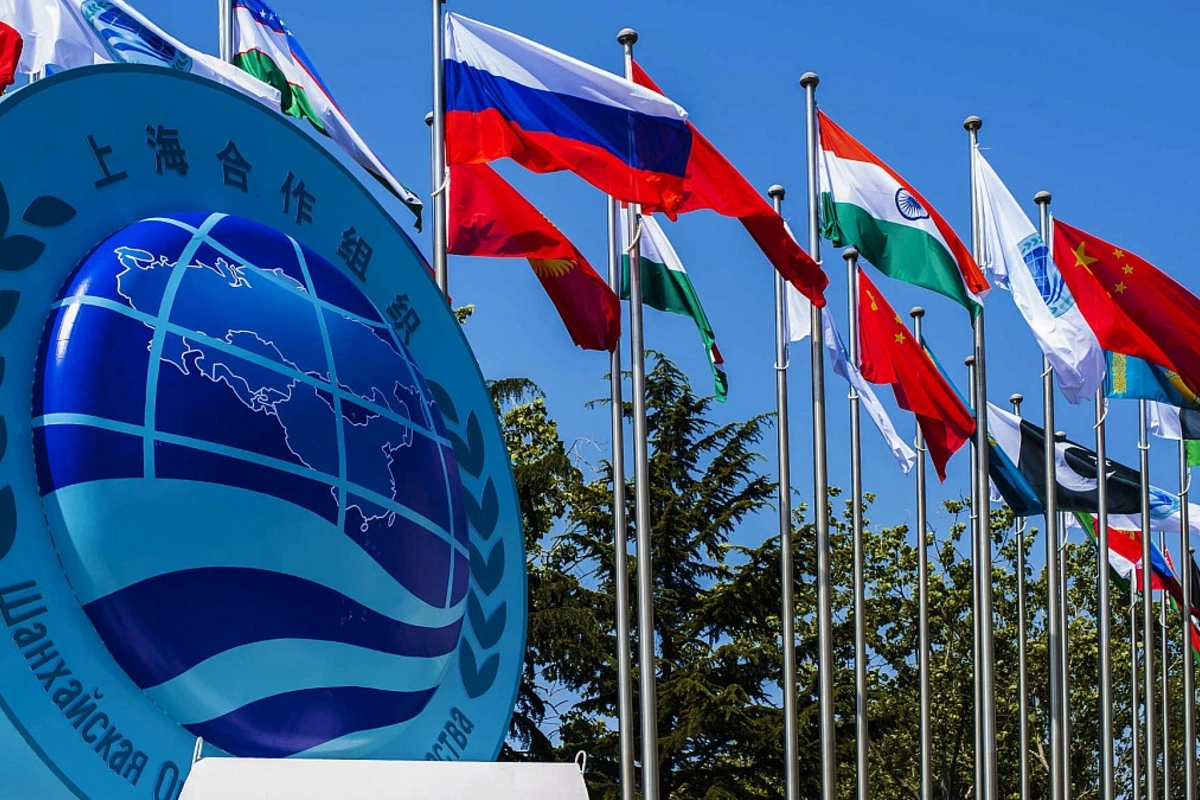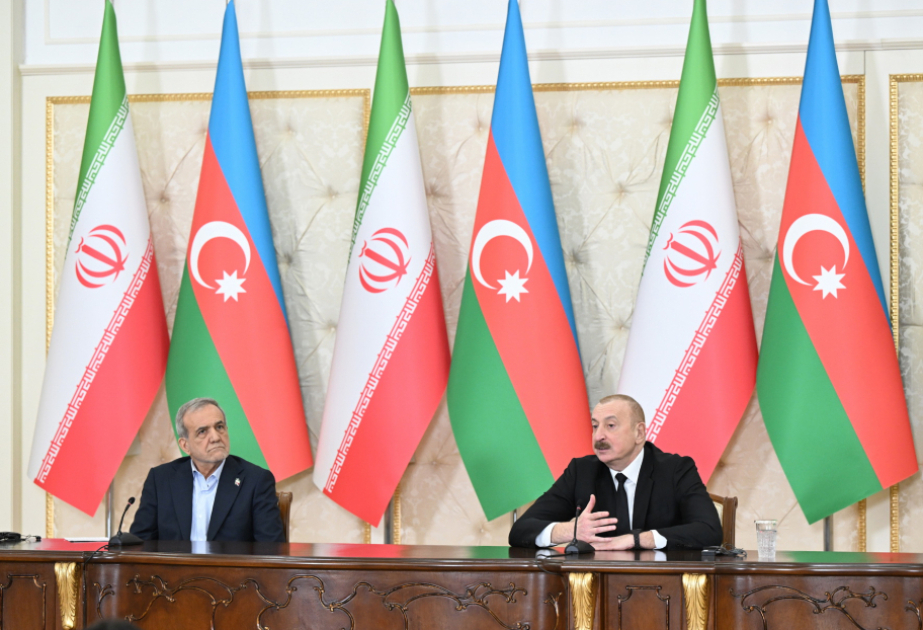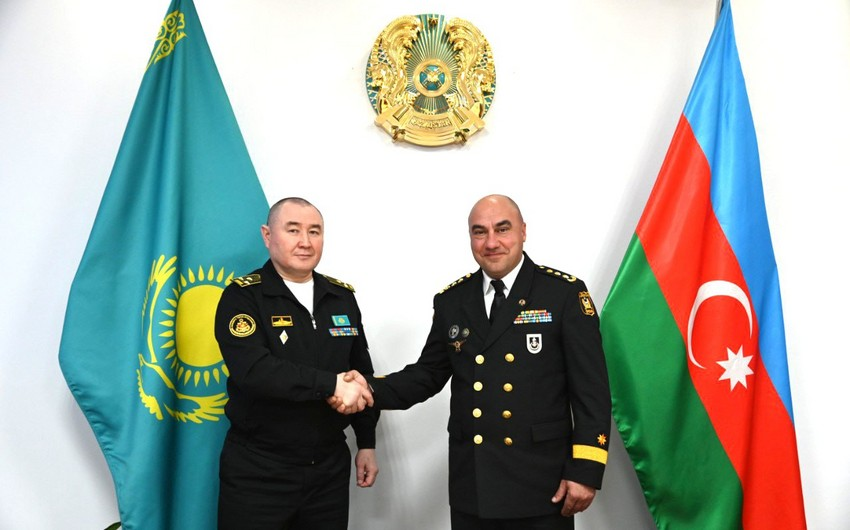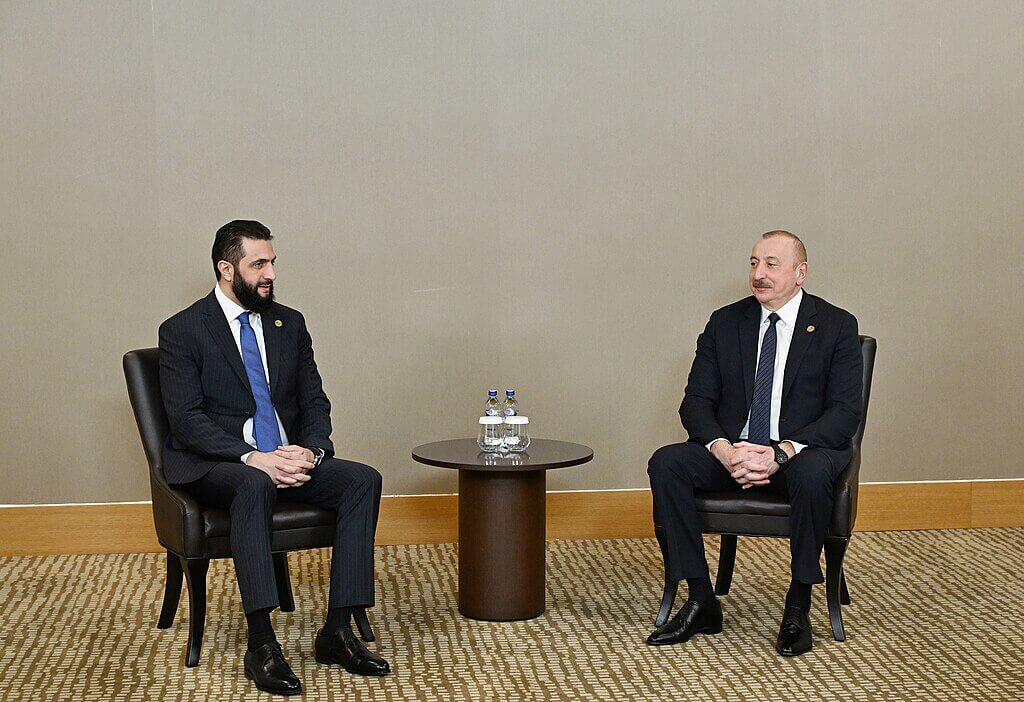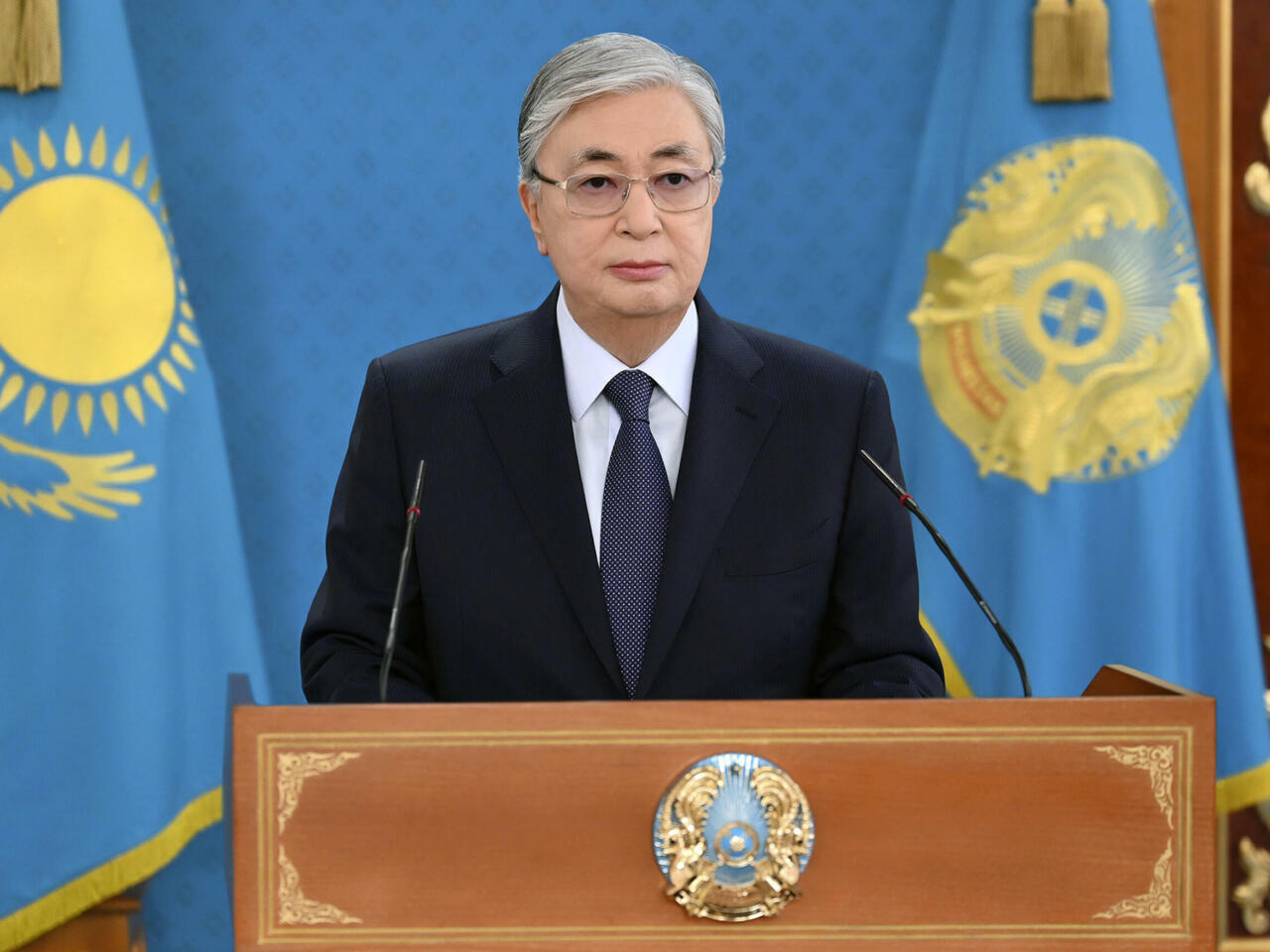
Executive Summary:
- Kazakh President Kassym-Jomart Tokayev, in his annual address to the nation on September 8, announced sweeping reforms, including digitalization and the creation of a Ministry of Artificial Intelligence (AI) to modernize governance and boost efficiency.
- The new “Digital Qazaqstan” strategy aims to unify all national AI and digital initiatives, promoting innovation-driven growth.
- Through initiatives such as Alatau City and investments in cryptocurrency, Astana envisions Kazakhstan as a regional digital hub, diversifying partnerships beyond Russia and the People’s Republic of China, while requiring transparency and effective fiscal management for success.
On September 8, President of Kazakhstan Kassym-Jomart Tokayev proposed, in his annual address to the nation, hosting a referendum to return to a unicameral parliament, mirroring the single-chamber Supreme Council of the early post-independence years (President of Kazakhstan, September 8; Times of Central Asia, September 10). While some argued that this decision aims to enhance governance and offer better solutions to bureaucracy within the state apparatus, the president’s proposal highlighted a commitment to major reforms. These reforms extend beyond the parliament, such as digitalization and the development of a national strategy for Artificial Intelligence (AI) (Qazinform, September 9). In a broader global context and shifting priorities in the region, Tokayev’s speech shed light on rising geopolitical contradictions, conflicts, economic inequality, and new threats, including weapons based on AI.


